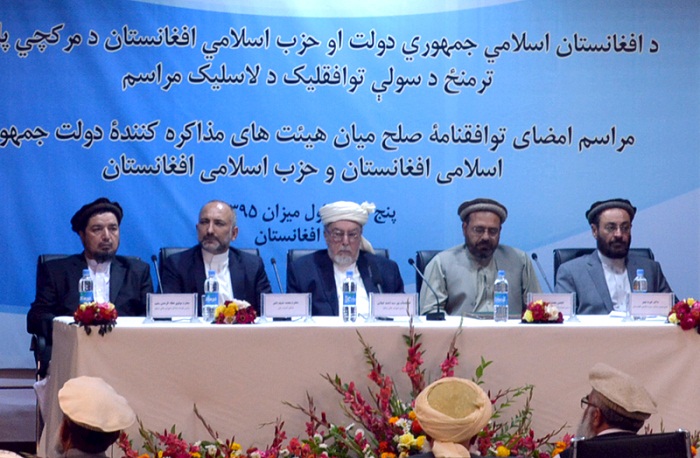In a country suffered by three decades of war, peace is a precious commodity. Unfortunately, here in Afghanistan where an entire generation has been pushed into the unending cycle of violence, conflict and political plus economic instability, whatever peace remains is fragile. The ongoing Taliban insurgency in many parts of the country is still resulting in heavy security forces and civilian casualties. Uncertainty is the matter of day to day. Development projects, foreign investment, public lives and even the educational institutions are at risk. The recent bloody attacks in Kabul, Kandahar and Helmand have created alarming situations, calling for individual and collective wisdom and efforts on the part of government and public.
The total civilian casualties recorded by the UN between January 1, 2009 and June 30, 2016 had risen to 63,934 including 22,941 deaths and 40,995 injured. Between the January and June of 2016, the human rights team of UNAMA reported 1,901 civilian deaths. Around 3,565 civilians were injured in this period. This represents an increase of four percent to the total number of civilian casualties as compared to the first six months of 2015.
Historically, Afghanistan has been used by the regional and global actors for their strategic interests. The great game between the ‘Great Britain’ and Russia, followed by the Cold War between the United States and Soviet Union, and then by the strategic depth policy of Pakistan which is a crucial actor at the moment. The concept of buffer state and strategic depth has always been an obstacle to peace, stability and development of Afghanistan. Since 9/11 terror attacks, the US-led NATO forces initiated different efforts to bring peace and stability, but they utterly failed. They failed to achieve the objective of stable Afghanistan. The grand military alliance remained unsuccessful to root out the safe havens and breeding nurseries of insurgency outside Afghan frontiers. The security dilemma of Pakistan, India, USA, Russia, China and Iran gave birth to their interference and created an environment of terror. The emergence of Daesh has created another challenge.
In war affected areas worldwide the local people build peace, end violence, serving lives and healing shattered communities. The political parties, organizations, civil society, media and tribal councils in the country must have to play vital role for peace building and national harmony. The reconciliation process must be result oriented. The government has to speed up the process of transition of its aid based economy into a production based economy. Strengthening of national institutions, democratic norms, job opportunities and justice for everyone is a need of the day. To overcome the burning threats from inside and outside and to ensure durable peace, the unity government should call a representative grand Jirga of the people to be followed by an international conference under umbrella of the United Nations. Peace, stability and development for the “Heart of Asia” can only provide safe passage and prosperity to all.
 Afghanistan Times
Afghanistan Times




